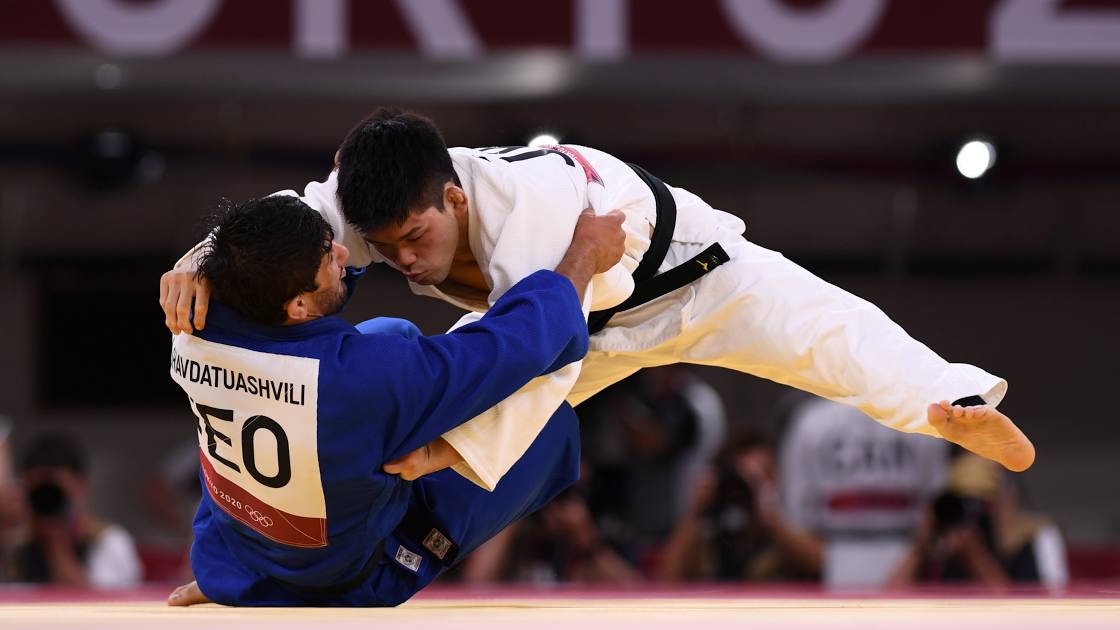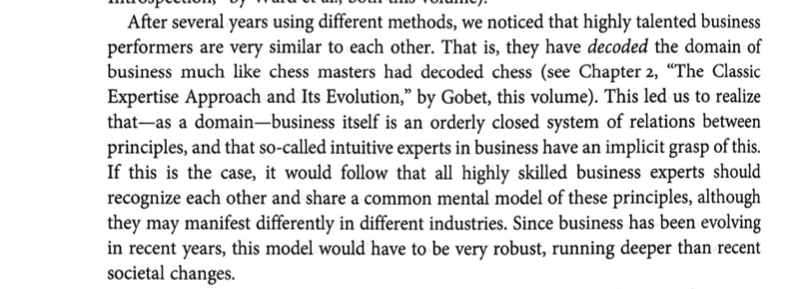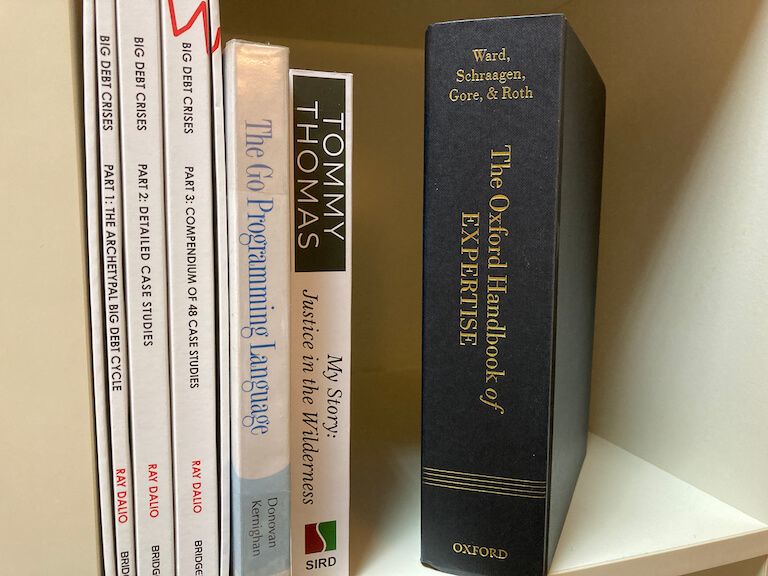
Two days ago, in the 60kg men’s category for Judo, Naohisa Takato fought Yang Yung-wei in the finals and won Japan’s first gold of the Tokyo Olympics.
He won with zero scores. Yang simply had more penalties than he did.
My old coach was disappointed. But I wasn’t.
He won with zero scores. Yang simply had more penalties than he did.
My old coach was disappointed. But I wasn’t.
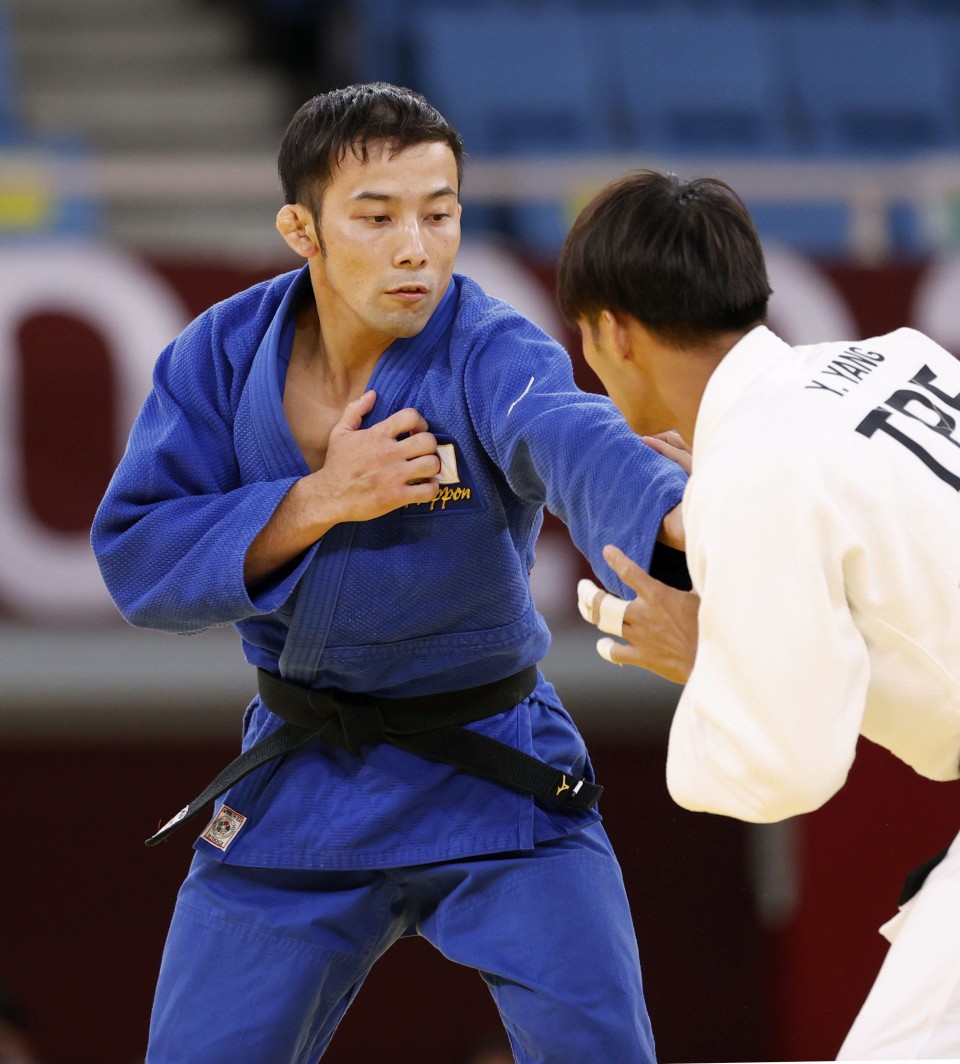
The Japanese attitude to Judo is that you want to win by ippon — the highest score possible. It is less ‘honourable’ to win ‘technically’, that is, to win by making your opponent commit more errors than you over the course of the match.
My old Sensei was trained in Japan.
My old Sensei was trained in Japan.
So of course he thought it was a terrible match; Takato didn’t win decisively.
But the commentators, and my current coach, and perhaps even Kosei Inoue, Japan’s head coach, pretty much didn’t care. Modern Judo has a technical component to it. It’s just how the game is played.
But the commentators, and my current coach, and perhaps even Kosei Inoue, Japan’s head coach, pretty much didn’t care. Modern Judo has a technical component to it. It’s just how the game is played.
Of course, with experience, I think Takato played a smart game. (And to be fair I’m sure my old coach knows this as well).
For the majority of the final, he denied his opponent a usable grip. He effectively cut Yang’s technique set down to 0.
For the majority of the final, he denied his opponent a usable grip. He effectively cut Yang’s technique set down to 0.
Anyway why am I talking about this?
For the majority of my teenage (competitive) years, I believed what my old coach did: that I had to win by points. That it was the ‘right’ thing to do.
An entire technical, strategic component of the game was locked away from me.
For the majority of my teenage (competitive) years, I believed what my old coach did: that I had to win by points. That it was the ‘right’ thing to do.
An entire technical, strategic component of the game was locked away from me.
If you have 30 seconds on the clock and your opponent is down by two penalties (a third means an instant loss); wouldn’t it make sense to push him to commit that third error?
Shouldn’t this be something you train for?
Top players do. I did not. Ugh.
Shouldn’t this be something you train for?
Top players do. I did not. Ugh.
The lesson I took from this was that I wasn’t playing the ACTUAL game of Judo. I was playing a harder game, with a more restrictive rule set.
I would make excuses for myself, and say things like ‘this is how Judo is supposed to be.’
I wanted to win the ‘right’ way.
I would make excuses for myself, and say things like ‘this is how Judo is supposed to be.’
I wanted to win the ‘right’ way.
But this is silly. You don’t want to place restrictions on yourself for no reason at all.
There’s an old Buffett quote that goes ‘I don’t look to jump over 7-foot bars: I look around for 1-foot bars that I can step over.’
I think about this a lot.
There’s an old Buffett quote that goes ‘I don’t look to jump over 7-foot bars: I look around for 1-foot bars that I can step over.’
I think about this a lot.
In Judo, as in life, you want to play the ACTUAL game. Not some made up game where things are harder than they need to be.
(Within ethical constraints, of course.)
@lesley_pizza has a good way of thinking about this: she calls it ‘are you playing with the REAL rules?’
(Within ethical constraints, of course.)
@lesley_pizza has a good way of thinking about this: she calls it ‘are you playing with the REAL rules?’
Her favourite example (that I can’t get out of my head) is that of speedrunners.
Speedrunners compete to finish video games in the shortest possible time, by exploiting quirks of the game that nobody thinks of exploiting.
You could say that they’re playing the minimum rule set.
Speedrunners compete to finish video games in the shortest possible time, by exploiting quirks of the game that nobody thinks of exploiting.
You could say that they’re playing the minimum rule set.
Of course, the example isn’t perfect, because their goals (speed) is an orthogonal goal to the main goals of the game.
But the property of ‘looking for quirks in the game environment that nobody else thinks of using’ maps pretty well to business and life.
But the property of ‘looking for quirks in the game environment that nobody else thinks of using’ maps pretty well to business and life.
In business and life, you want to play the actual game that reality forces you to play, not some made up version of the game that society makes you think you have to play.
You don’t get extra points for playing a facsimile.
You only get points for achieving your stated goals.
You don’t get extra points for playing a facsimile.
You only get points for achieving your stated goals.
So ask yourself: am I playing the actual game that reality forces me to play? Am I playing the minimum rule set?
TBH, I don’t really know if I am, because societal narratives are hard to ignore.
But thanks to my Judo experience, I can’t get this idea out of my head.
TBH, I don’t really know if I am, because societal narratives are hard to ignore.
But thanks to my Judo experience, I can’t get this idea out of my head.
Anyway, congratulations to Takato, that was a well-deserved win.
If you spend any time watching Judo over the next couple of days, and you see two competitors grappling and not getting any of their throws to work, know that it’s because they’re denying each other a usable grip.
If you spend any time watching Judo over the next couple of days, and you see two competitors grappling and not getting any of their throws to work, know that it’s because they’re denying each other a usable grip.
At that level of competition, they’ve studied each and every competitor on the field and know all their techniques, and therefore all the grips they have to deny.
At that level of the competition, they’re playing the actual game.
And what a game that is. The end.
At that level of the competition, they’re playing the actual game.
And what a game that is. The end.
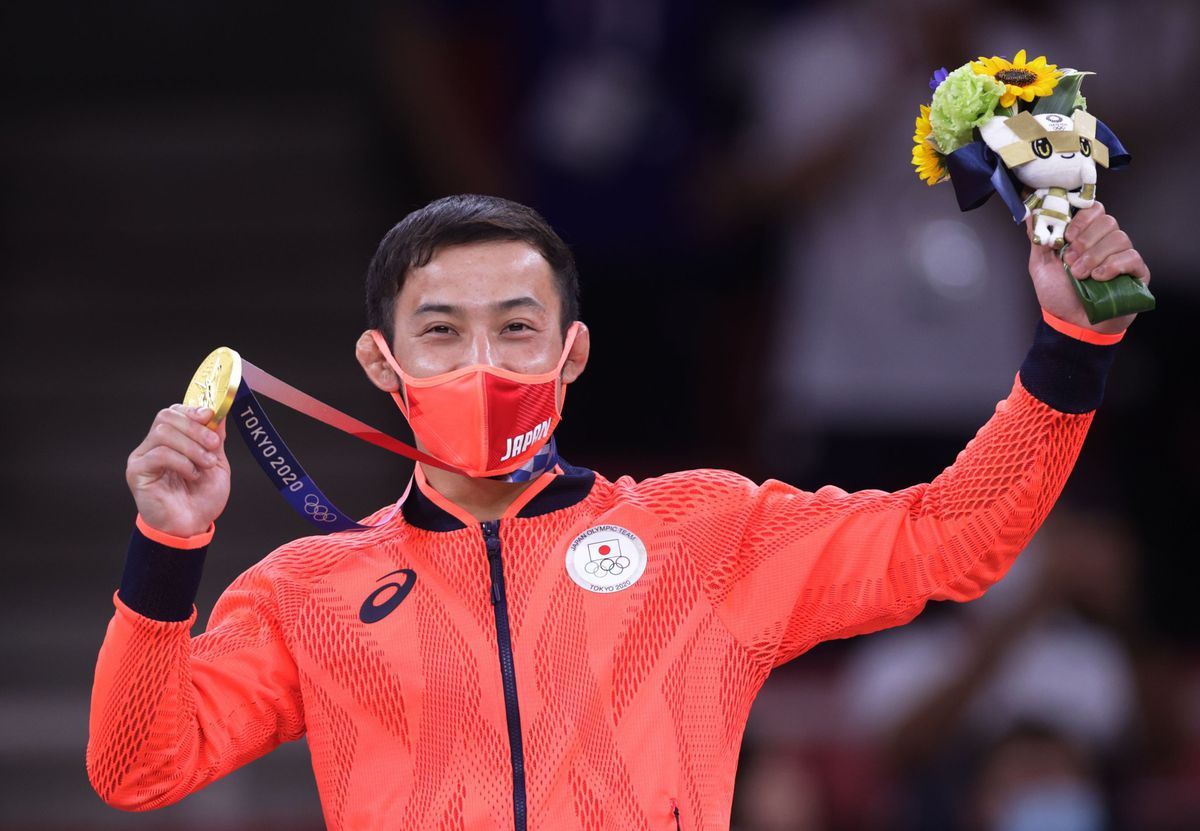
Related (thanks to @brianluidog): sirlin.net/articles/playi…
• • •
Missing some Tweet in this thread? You can try to
force a refresh


